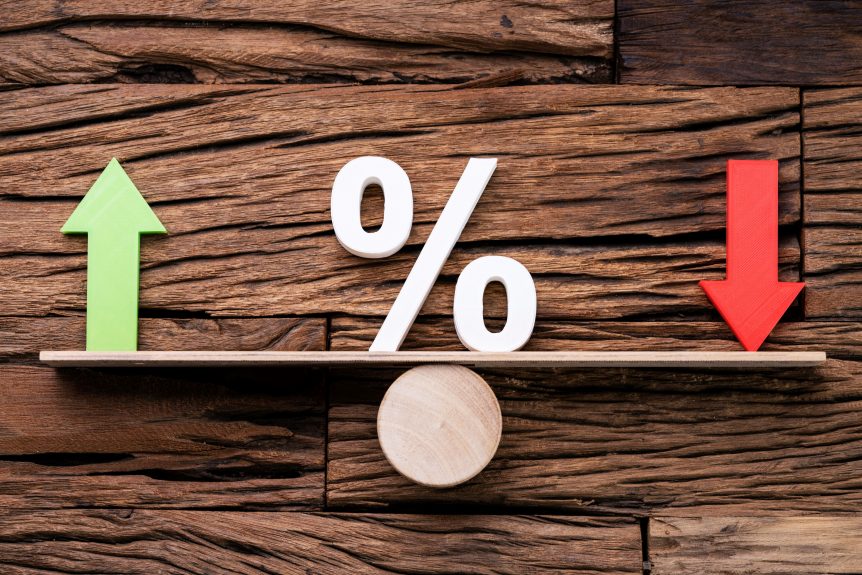The Bank of England has left borrowing costs untouched for the second time in a row, as monetary policymakers around the world press pause in their fight against inflation.
In a widely expected move, the Bank’s Monetary Policy Committee (MPC), voted 6-3 to maintain the Bank Rate at a 15-year high of 5.25%. The three in the minority voted to increase the Rate to 5.5%. Today’s announcement repeats September’s decision, which brought to an end a run of 14 consecutive interest rate rises that stretched back to December 2021.
The news will provide relief to more than a million borrowers with variable rate and tracker mortgages who, until last month, had been battered by a series of rising home loan costs lasting nearly two years.
Explaining the move, which follows on from similar decisions by the US Federal Reserve and the European Central Bank, the Bank said: “Since the MPC’s previous decision [in September 2023], there has been little news in key indicators of UK inflation persistence.
“There have continued to be signs of some impact of tighter monetary policy on the labour market and on momentum in the real economy more generally.”
Interest rate-setters must now decide for how long they are willing to keep a cap on borrowing costs, whether there will be a need to hike rates further, or whether recent decisions mark a turning point which will see rates move down.
The UK’s annual rate of inflation remained unchanged at 6.7% in September, considerably higher than the comparable US figure of 3.7%, or yesterday’s initial estimate for the Euro Area, which showed that prices rose by just 2.9% across the euro trading bloc in the year to October 2023.
Although UK inflation has fallen steadily since peaking at 11.1% in October last year, the latest figure remains well above the long-term 2% target. The Bank says it expects inflation to fall further this year to around 4.5% before continuing to fall further in 2024.
The next Bank Rate decision will be on 14 December. Before then, on 22 November, the Chancellor, Jeremy Hunt, will deliver his Autumn Statement.
Rob Morgan, chief investment analyst at Charles Stanley, said: “Cracks have been appearing in the economy and the jobs market, and many inflation indicators are moving downwards as expected, so the Bank can justifiably adopt a wait-and-see stance at this point.
“With inflation well above the 2% target and wage growth still elevated, a further rate hike cannot be ruled out in the coming months, but the more likely scenario is that we have already reached the interest rate summit and a long plateau awaits before the descent begins.”
Emma Mogford, fund manager, Premier Miton Monthly Income Fund, said: “I feel increasingly confident we are now at peak rates. The rapid increase in interest rates in the last year will continue to bring down demand for goods and services and hence inflation, which the Bank of England expects to be back at 2% in two years. If inflation can fall while the economy is resilient, that should be good for UK equities.”
Dean Butler, managing director for retail direct at Standard Life, said: “The Bank of England’s decision to hold the base rate again will come as welcome relief to people facing another difficult winter. Households approaching the end of a fixed mortgage term will be particularly glad of the respite.
“There’s also some good news for people in a position to save. It looks like rates might be peaking, however there’s no sign they’ll start to fall anytime soon, and best buy fixed cash savings accounts are currently sitting between 5.5% and 6%. With inflation forecast to fall to around 5% by 2023, cash savings might start to outpace price rises for the first time in a long while.”
Andrew Michael, Laura Howard (Forbes)

